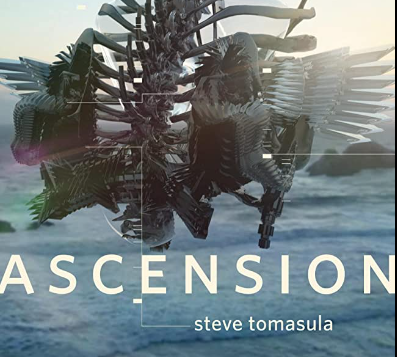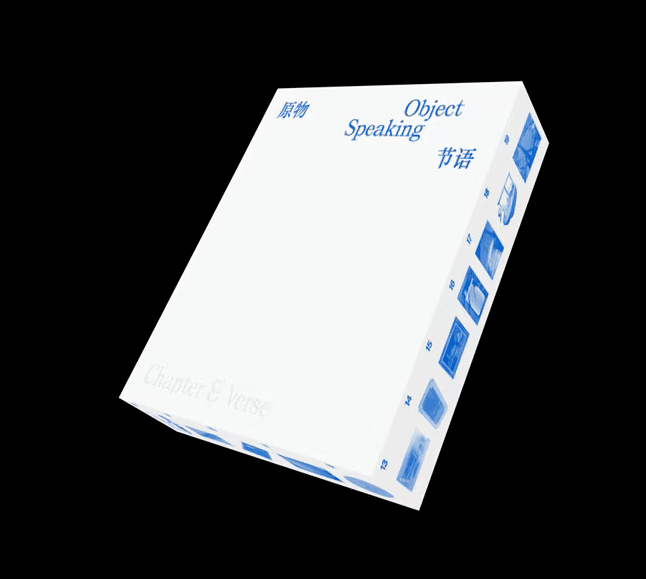Following last month’s essays about the impact of generative AI on digital writing come two articles that further address the evolving states of creativity in a rapidly changing digital world.
Stuart Moulthrop’s review of Steve Tomasula’s Ascension explores the work’s cybernetic and apocalyptic dimensions. Moulthrop traces its subterranean, encyclopedic lineage through print fictions like Joyce’s Ulysses, Dos Passos’ U.S.A. trilogy, Pynchon’s Gravity’s Rainbow, DeLillo’s Underworld, David Foster Wallace’s Infinite Jest, and Zadie Smith’s White Teeth – novels that are, as Edward Mendelson put it, “the products of an epoch in which the world’s knowledge is larger than any one person can encompass.”
Mujie Li’s expands on these techniques of wayfinding in a hyperdigital world by examining how the formation of data can be seen as aesthetic sense-making. Following work in digital aesthetics, Li traces techniques of media language through several examples from recent literature, film, games, and artwork in South-East Asia to consider ways of making sense in producing the new.
–Jason Lajoie,
Editor, ebr
contact@electronicbookreview.com
New Essays

Erroneous Assumptions: Steve Tomasula’s Ascension
by Stuart Moulthrop
06-04-2023
Taking an ironic, Icarian twist on Steve Tomasula’s Ascension, Stuart Moulthrop situates Tomasula’s novel in a subterranean, encyclopedic lineage that includes print fictions like Joyce’s Ulysses, Dos Passos’ U.S.A. trilogy, Pynchon’s Gravity’s Rainbow, DeLillo’s Underworld, David Foster Wallace’s Infinite Jest, and Zadie Smith’s White Teeth – novels that are, as Edward Mendelson put it, “the products of an epoch in which the world’s knowledge is larger than any one person can encompass.” It’s an experimental lineage that is, arguably, one of the more noteworthy carryovers from print to digital literature; a genre that Moulthrop (2013) and his near contemporary Michael Joyce (2007) have termed the “novel of internet.”

On Digital Aesthetics: Sense-Data
and Atmospheric Language
by Mujie Li
06-04-2023
This article examines how the formation of data can be seen as an aesthetic way of making sense. Following work in digital aesthetics, the article proposes to understand digital artifacts and processes via formalization and operation of media language. Li traces this idea through several examples from recent literature, film, games, and artwork in South-East Asia. Together with these examples, Deleuze’s philosophical thoughts on a genesis of sense production are re-considered in order to understand a formal way of making sense in producing the new.
Featured Past Essays:
Thoughts on the Textpocalypse
by Davin Heckman
05-07-2023
Davin Heckman offers thoughts on Matthew Kirschenbaum’s now well-known essay in The Atlantic, The Textpocalypse (2023). Contemplating our own limits in digital media scholarship, including the reinforcing of technological determinisms, Heckman discusses the concept of transindividuation and its relationship with technology, or, the process of becoming an individual through participation in culture and society.
A review of My Life as an Artificial Creative Intelligence (2022)
by David Thomas Henry Wright
05-07-2023
In his review of Mark Amerika’s My Life as an Artificial Creative Intelligence (2022), David Thomas Henry Wright highlights the Amerika’s negotiation of human, nonhuman, symbiotic creative practices in comparison with more traditional (including traditionally experimental) forms of writing.